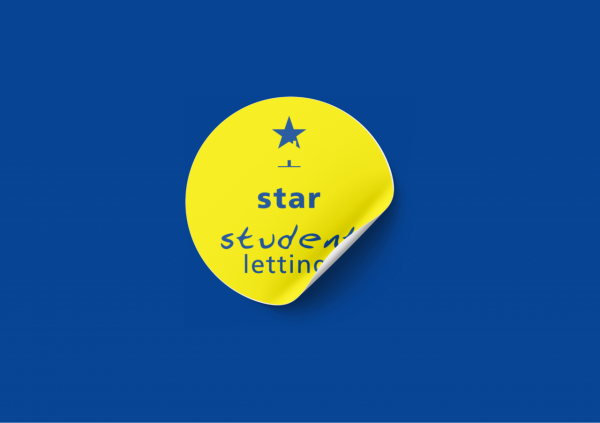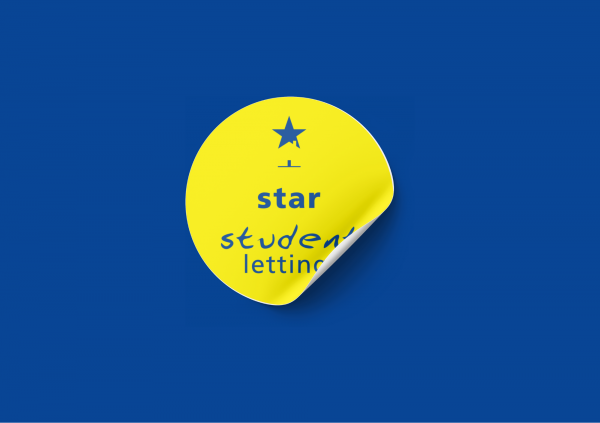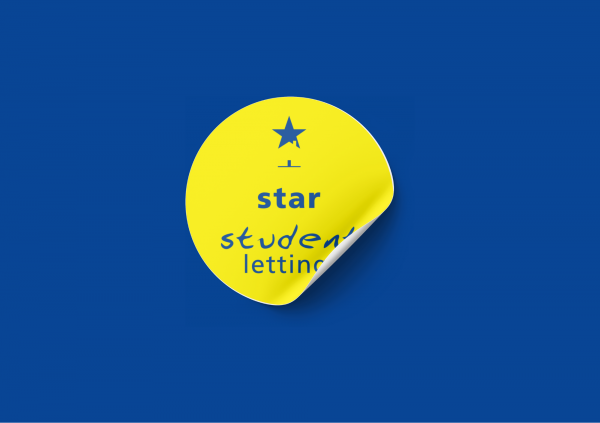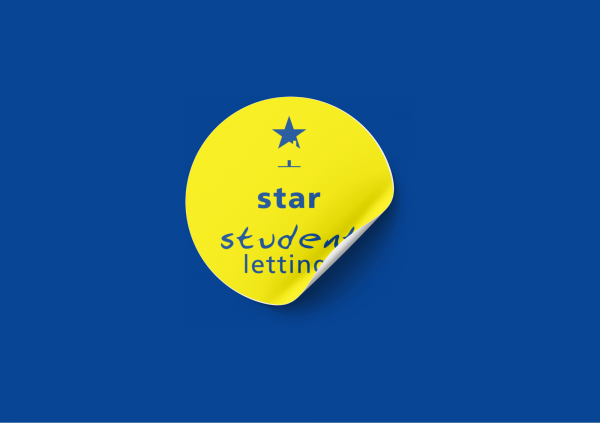Tenancy Agreements:
Make sure you're clear about what kind of tenancy agreement you're signing. If all the people living in the property sign one agreement with the landlord when you move in, that's a joint tenancy and you are ALL liable. If each of you sign a separate one, you have separate liability.
Check the agreement includes all the relevant information, such as what the rent covers (does it include bills?), whether you can leave before the end of the tenancy and how much notice you have to give, and any rules on things like pets, guests and smoking.
"If you have a joint tenancy, all the tenants have exactly the same rights. You are all equally responsible for paying the rent and keeping to the terms of your agreement," says Shelter. "If one tenant is not paying the rent or causing other problems, you could end up having to pay her/his share or any other costs. Your landlord may be entitled to keep the deposit if there is any rent owing or damage to the property at the end of the tenancy – even if it's not your fault."
Damage Deposit:
Since 2007, private landlords and letting agents in England and Wales have had to use a government-approved tenancy deposit protection scheme to safeguard Deposits.
Your landlord should protect your deposit in one of the schemes within 30 days of the start of your tenancy, and must give you details of which one they are using and a certificate.
In England and Wales, the three schemes are the Deposit Protection Service, mydeposits and the Tenancy Deposit Scheme. In Scotland they are SafeDeposits Scotland, mydeposits.
Each offers a dispute resolution service which landlords and tenants can use to sort out disagreements about deposits especially at the end of the tenancy when it’s time to get YOUR deposit back
Guarantors:
The landlord may ask students to provide a "guarantor" – usually mum or dad – who will cover costs if the rent isn't paid or the house or contents is damaged. It is crucial that parents need to know is that if it's a joint tenancy, are you responsible for just your son/daughters share or the whole house.
Inventory:
The inventory is a list of everything that's provided with the property, including furniture, carpets, curtains, appliances, crockery and cutlery. It should also record the condition everything is in – for example, existing damage or wear, such as an old stain on the carpet.
Always make sure you are provided with an inventory – ask for one if necessary. If you're not given one, write one up yourself, get it signed by an independent witness and send a copy to the landlord.
Utility bills
Don't forget to factor in costs on top of the rent, such as utility bills, TV licence and internet access costs. Remember that full-time students are usually exempt from paying council tax.
Safety, security and insurance:
If you're renting with some friends, 3 or more of you who are non related will occupy a a "house in multiple occupation" (HMO). A licence for the property will be required if you are a group of 5 or more. Landlords of HMOs have extra legal responsibilities to cover, such as fire safety. Your landlord must register their HMO with the local council.
Landlords have a legal duty to ensure all gas appliances in their properties are inspected every year. And fit at least one smoke alarm on each floor. Carbon monoxide detector are required. You should also be given an electrical certificate called an EICR.
Your parents may agree to include your possessions on their home contents insurance where this is allowed. Check the wording. If you aren't covered by your parents' policy and need insurance, we advise you get covered for contents only. It is the landlords responsibility to provide buildings insurance.
Housemates:
If you're all joint tenants, you usually have equal rights to remain in the property and one of you can't be forced to move out.
In a joint tenancy, you usually all share responsibility for the rent. If one person doesn't pay and it's a joint tenancy, you are likely to have to pay.
Same goes for the utilities, you are recommended to ensure that all tenants names are on the utility bills, otherwise you could be caught having to pay the bill.
Record keeping:
This could be vital if there's a dispute when you eventually come to move out. Useful items might include photos taken when you moved in (ideally, dated and labelled), receipts for any items you've replaced, correspondence about repairs and copies of bills could be reimbursed as long as the landlord is in agreement.
Vacating the property:
At the end of the tenancy you should get your deposit back within 10 days if you and your landlord agree the amount to be deducted. Agencies and landlords advise that every effort should be made to clean your property to the standard of the originally inventory upon commencement of the tenancy. Of course, the easiest way to keep on top of this is to clean and keep your property as presentable as possible on a daily basis!







Share this with
Email
Facebook
Messenger
Twitter
Pinterest
LinkedIn
Copy this link